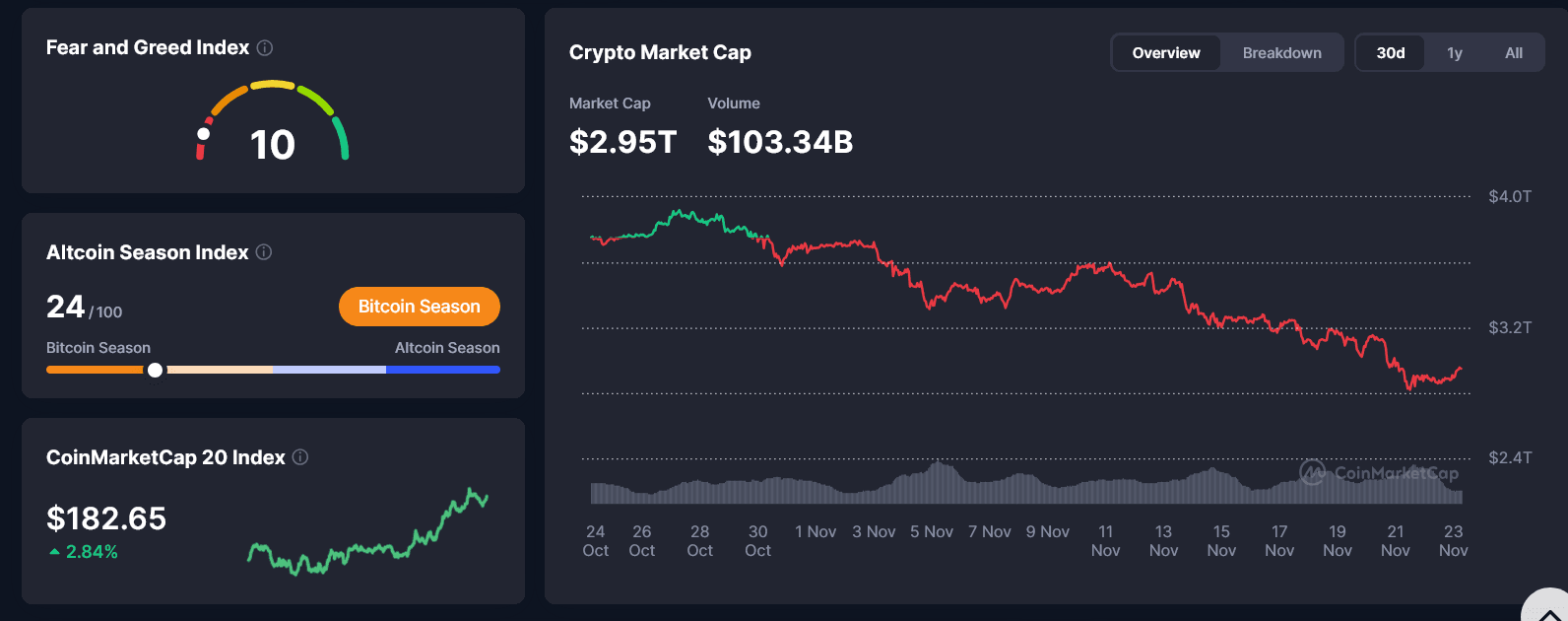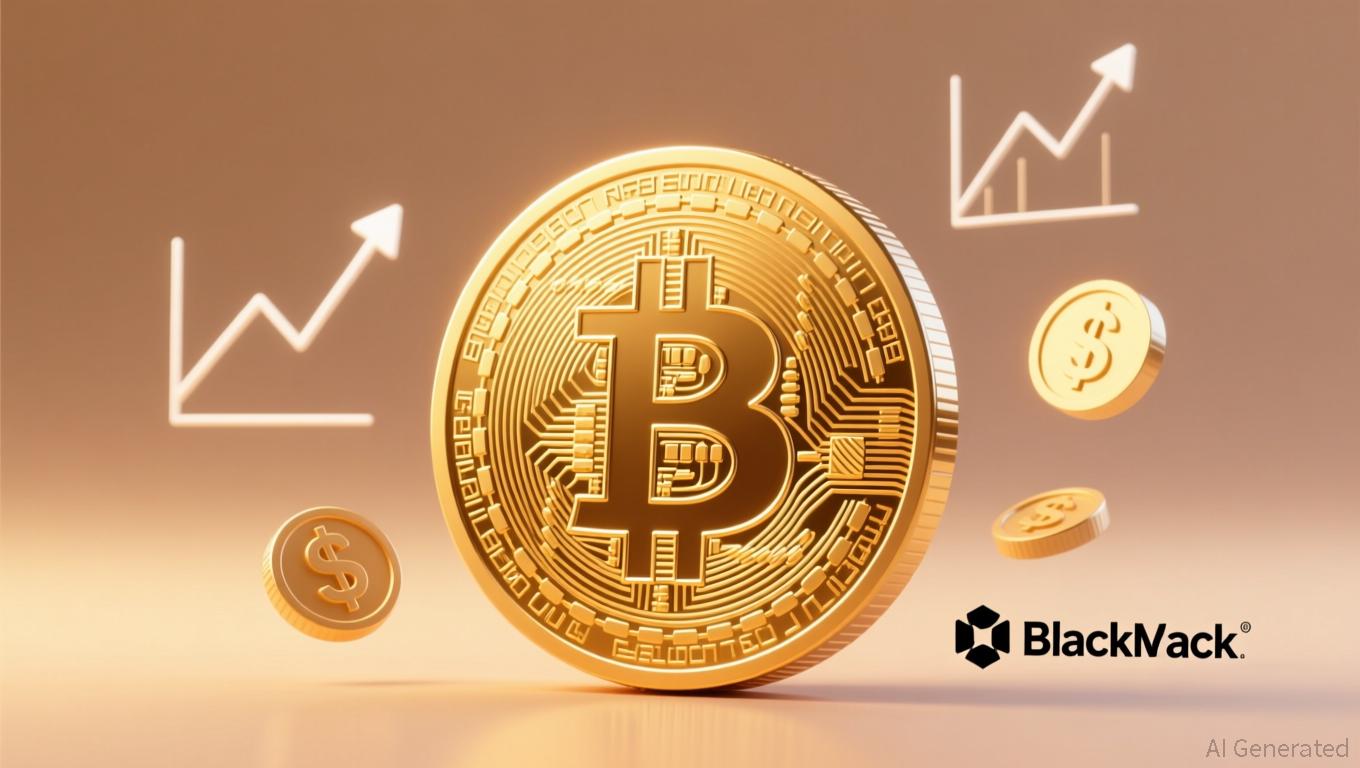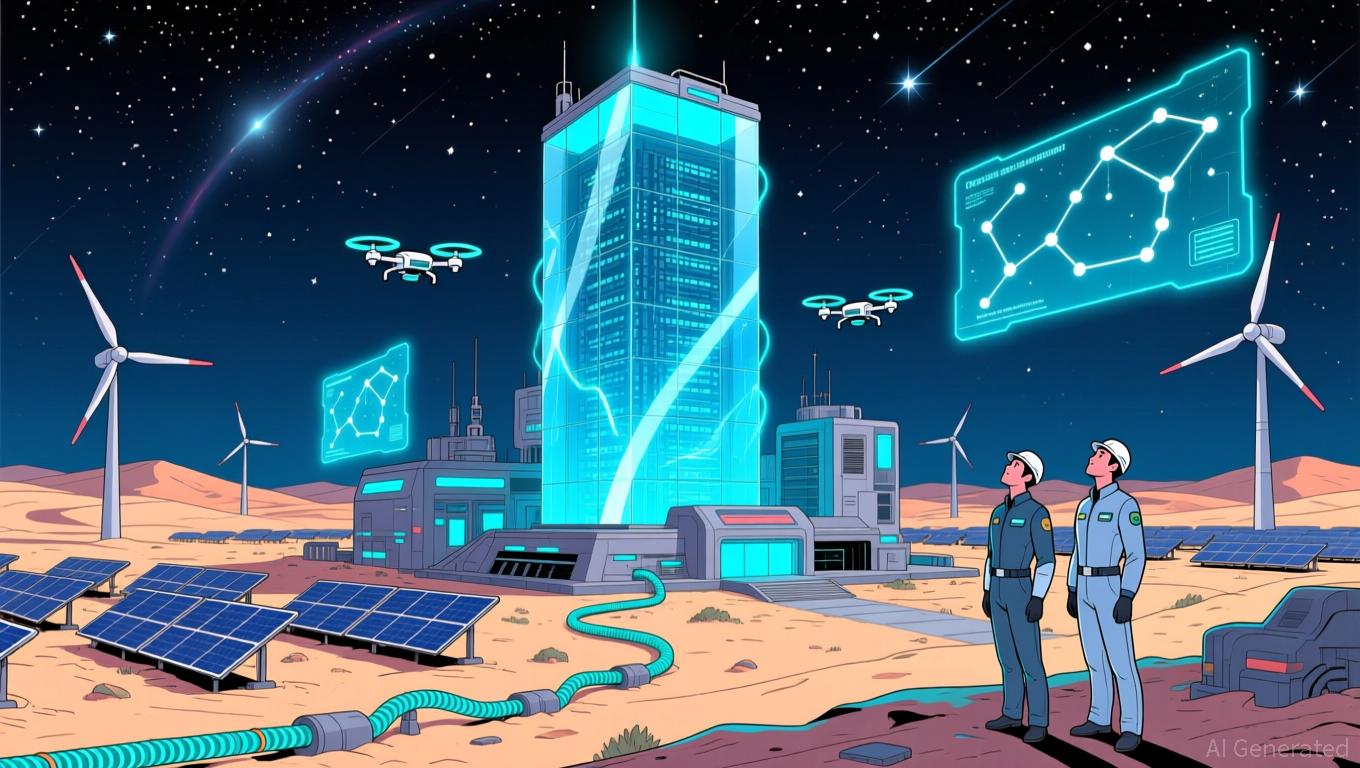Astar 2.0: The Next Generation of DeFi Infrastructure
- Astar 2.0, a next-gen DeFi platform, leverages hybrid AMM-CEX models and AI-driven tools to enhance cross-chain liquidity and smart contract security. - The platform achieved $1.399B TVL and $27.7B daily volume in Q3 2025, with strategic partnerships and integrations across BNB Chain, Ethereum , and Solana . - AI-enhanced auditing modules and EVM compatibility address 89% of DeFi contract vulnerabilities, driving 20% QoQ growth in institutional wallet adoption. - Tokenomics 3.0 caps ASTR supply at 10.5B
The decentralized finance (DeFi) sector is experiencing a significant transformation, propelled by advancements in cross-chain connectivity and improvements in smart contract performance.
Cross-Chain Liquidity: Connecting Networks on a Large Scale
Astar 2.0’s ability to facilitate cross-chain liquidity is built on its hybrid AMM-CEX framework, merging automated market
This growth in liquidity is further supported by Astar’s integration with leading blockchains such as
For business use cases, Astar 2.0’s scalability—handling up to 150,000 transactions per second (TPS) and confirming blocks in just 6 seconds—makes it suitable for high-throughput applications.
Smart Contract Efficiency: AI-Powered Security and Automation
Security flaws in smart contracts continue to pose a major threat in DeFi, with up to 89% of contracts found to have exploitable issues
The platform’s technical design also enhances smart contract performance.
Tokenomics 3.0, which restricts the total ASTR supply to 10.5 billion tokens, introduces an anti-inflationary mechanism and scarcity
Investment Considerations and Future Prospects
Astar 2.0’s emphasis on both cross-chain liquidity and smart contract optimization positions it as a strong competitor in the DeFi arena. Its hybrid architecture, AI-enhanced security, and strategic collaborations address major challenges in decentralized finance. For investors,
Looking forward, Astar’s 2026 plans include launching the Startale App and expanding integration with Polkadot’s Asset Hub, which could further improve cross-chain asset operations
Disclaimer: The content of this article solely reflects the author's opinion and does not represent the platform in any capacity. This article is not intended to serve as a reference for making investment decisions.
You may also like
What's Next For the Crypto Market?

Bitcoin News Today: Bitcoin as Digital Gold, Ethereum as the Engine of Decentralized Finance: How Cryptocurrencies Are Carving Out Distinct Functions
- BlackRock executives highlight Bitcoin's shift toward "digital gold" as a long-term store of value, supported by institutional demand and fixed-supply models like Bitcoin Munari. - Ethereum's faster transaction velocity (3x BTC) reinforces its "digital oil" role, contrasting with Bitcoin's stable, passive accumulation strategy and macro-hedge appeal. - Regulatory clarity on stablecoins and blockchain transparency could deepen Bitcoin's institutional adoption while highlighting risks in altcoins like Aero

Stargate’s AI Strategy: Safeguarding the Nation or Raising Antitrust Concerns?
- Stargate, a $500B AI joint venture led by OpenAI, Oracle , and Nvidia , aims to consolidate computing power across seven gigawatt data centers in the U.S. and UAE. - Yale scholar Madhavi Singh warns the alliance violates antitrust laws by merging fierce competitors, risking cartel-like behavior and stifling innovation in chips and cloud services. - Critics argue Stargate eliminates competition in key AI sectors, while the Trump administration and lawmakers praise it as a strategic move to counter China,

Bitcoin Updates Today: Bitcoin Faces a Battle: DWF Issues Buy Alert Amid Market Turbulence
- DWF Labs buys Bitcoin at $84,000 amid 30%+ drop from $126,000 peak, signaling institutional confidence despite market turbulence. - U.S. market weakness highlighted by 21-day negative Coinbase premium (-0.0989%) and $3.79B ETF outflows, including $523M from BlackRock's IBIT . - Strategic buyers like Harvard (+250% IBIT holdings) and Japan's Metaplanet (¥15B allocation) contrast with $4B in realized Bitcoin losses and 35% drop in futures open interest. - Long-term bullish factors include U.S. Strategic Bi
